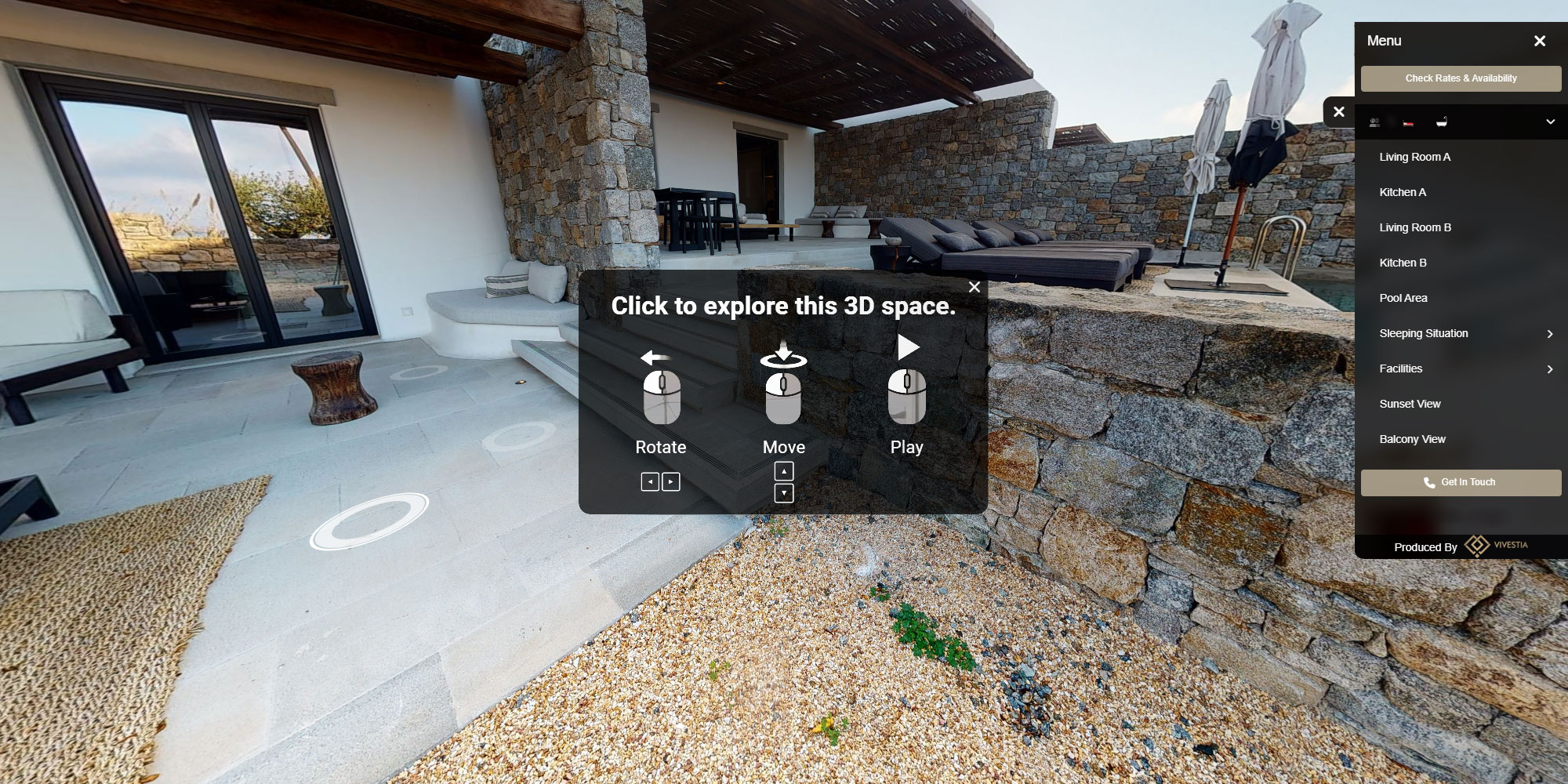Navigating the World of Hotels: The Power of Visual Search
Related Articles: Navigating the World of Hotels: The Power of Visual Search
Introduction
With enthusiasm, let’s navigate through the intriguing topic related to Navigating the World of Hotels: The Power of Visual Search. Let’s weave interesting information and offer fresh perspectives to the readers.
Table of Content
Navigating the World of Hotels: The Power of Visual Search

In the age of digital exploration, the travel industry has undergone a significant transformation, driven by the power of technology. One such advancement that has revolutionized the way travelers plan and book their trips is hotel map search. This intuitive and visually-driven tool empowers users to explore accommodation options in a geographically-aware manner, offering a unique and comprehensive approach to hotel discovery.
Understanding Hotel Map Search: Beyond the Obvious
At its core, hotel map search leverages the familiar interface of an interactive map to display available hotels in a specific location. However, its capabilities extend far beyond basic visualization. It acts as a bridge between the traveler’s desire for visual clarity and the need for detailed information, enabling them to:
- Visualize Location: The map serves as a visual guide, allowing users to pinpoint hotels within a chosen area, whether it’s a bustling city center, a tranquil beachside resort, or a scenic mountain town.
- Identify Proximity: Beyond mere location, hotel map search allows users to assess proximity to key attractions, public transportation hubs, and other points of interest. This facilitates informed decision-making, ensuring travelers can choose accommodations that align with their travel needs and preferences.
- Filter and Refine: Map-based search platforms offer advanced filtering options, allowing users to narrow down their choices based on specific criteria like price range, star rating, amenities, and even guest reviews. This granular level of control empowers users to find the perfect hotel that meets their unique requirements.
- Explore Neighborhoods: Beyond individual hotels, hotel map search provides a broader understanding of the surrounding area. Users can visually explore different neighborhoods, gaining insights into their character, ambiance, and potential attractions, enhancing their overall travel planning experience.
The Benefits of Hotel Map Search: A Comprehensive Overview
The rise of hotel map search is not merely a technological trend; it represents a significant shift in traveler behavior and expectations. The advantages it offers are numerous, impacting both the travel planning process and the overall travel experience:
- Enhanced Decision-Making: The visual representation of hotels on a map allows users to quickly grasp the relative location of various options, making it easier to compare and contrast different choices. This visual clarity empowers travelers to make informed decisions, ensuring they choose the hotel that best suits their needs.
- Efficient Time Management: By visualizing potential hotels on a map, users can save valuable time by eliminating irrelevant options. They can focus their search on areas that align with their travel plans, optimizing their research and booking process.
- Increased Transparency and Control: Hotel map search provides a clear and transparent view of available options, removing the ambiguity often associated with traditional search methods. This transparency empowers travelers to have greater control over their travel arrangements, ensuring they choose the hotel that best meets their expectations.
- Personalized Travel Experiences: The ability to filter and refine searches based on specific criteria enables travelers to tailor their accommodation choices to their unique needs and preferences. This personalized approach ensures that each traveler can find a hotel that aligns with their individual travel style and budget.
- Discovering Hidden Gems: By exploring different neighborhoods and pinpointing hotels on a map, travelers have the opportunity to discover hidden gems they might have missed otherwise. This can lead to unique and memorable travel experiences, uncovering local treasures and enriching their overall journey.
The Role of Technology: Powering the Map Search Revolution
The seamless integration of technology has played a crucial role in the rise of hotel map search. Advanced mapping technologies, coupled with powerful algorithms and user-friendly interfaces, have made this tool both accessible and effective:
- Real-Time Data Integration: Hotel map search platforms leverage real-time data feeds from various sources, ensuring that the information displayed is accurate and up-to-date. This includes availability, pricing, and guest reviews, providing travelers with the most relevant information at their fingertips.
- Dynamic Pricing and Availability: The integration of real-time data allows for dynamic pricing and availability updates, reflecting fluctuations in demand and market conditions. This provides travelers with the most accurate information and empowers them to make informed booking decisions.
- Interactive and Engaging Interfaces: Hotel map search platforms prioritize user experience, employing intuitive and user-friendly interfaces. This ensures that users can navigate the platform easily, explore options seamlessly, and access information effortlessly.
- Mobile Optimization: The increasing popularity of mobile travel planning has led to the development of mobile-optimized hotel map search platforms. This ensures that travelers can access the tool from their smartphones or tablets, enabling them to search for hotels on the go and plan their trips with ease.
FAQs: Addressing Common Concerns
Q: How accurate is the information displayed on hotel map search platforms?
A: The accuracy of information displayed on hotel map search platforms is directly dependent on the quality of data feeds from various sources. Reputable platforms prioritize real-time data updates and verification processes to ensure the information is reliable and accurate. However, it is always advisable to cross-reference information with the hotel’s official website or other trusted sources.
Q: Can I trust the reviews displayed on hotel map search platforms?
A: Guest reviews are an integral part of hotel map search platforms, offering valuable insights into the traveler experience. However, it is important to approach reviews with a critical eye. Look for reviews that provide detailed descriptions, specific examples, and a balanced perspective. Consider the overall number of reviews and the consistency of feedback to gauge the reliability of the information.
Q: Are hotel map search platforms suitable for planning international trips?
A: Hotel map search platforms are increasingly becoming global in scope, offering coverage for destinations worldwide. However, it is important to check the platform’s geographic coverage before planning an international trip. Some platforms may have limited coverage in certain regions or countries.
Q: Can I use hotel map search to find unique or unconventional accommodations?
A: While hotel map search platforms primarily focus on traditional hotels, some platforms are expanding their offerings to include unique and unconventional accommodations like guesthouses, bed and breakfasts, vacation rentals, and even glamping options. It is advisable to explore the platform’s filtering options to discover these alternative accommodation choices.
Tips for Effective Hotel Map Search:
- Define Your Search Criteria: Before embarking on your search, clearly define your travel needs and preferences, including desired location, budget, star rating, and amenities. This will help you narrow down your search and find the perfect hotel for your trip.
- Explore Neighborhoods: Don’t limit your search to just one area. Explore different neighborhoods within your chosen destination to discover hidden gems and find the best fit for your travel style.
- Utilize Filtering Options: Leverage the filtering options provided by the platform to refine your search based on specific criteria. This will help you eliminate irrelevant options and focus on hotels that meet your specific requirements.
- Read Guest Reviews: Before making a booking, take the time to read guest reviews. Look for reviews that provide detailed descriptions, specific examples, and a balanced perspective. This will help you get a better understanding of the hotel’s strengths and weaknesses.
- Compare Prices: Don’t settle for the first price you see. Compare prices across different platforms and hotels to ensure you are getting the best deal. Consider factors like booking dates, room types, and inclusions to find the most competitive offer.
- Check Hotel Websites: Once you have shortlisted a few hotels, visit their official websites for more detailed information about amenities, services, and special offers.
Conclusion: Embracing the Power of Visual Search
Hotel map search is not merely a technological advancement; it is a paradigm shift in the way travelers discover and book accommodations. It empowers users with visual clarity, granular control, and personalized insights, making the travel planning process more efficient, informed, and enjoyable. By embracing the power of visual search, travelers can navigate the world of hotels with confidence, ensuring they find the perfect accommodation for their next adventure.





.png)

-p-1080.png)
Closure
Thus, we hope this article has provided valuable insights into Navigating the World of Hotels: The Power of Visual Search. We appreciate your attention to our article. See you in our next article!